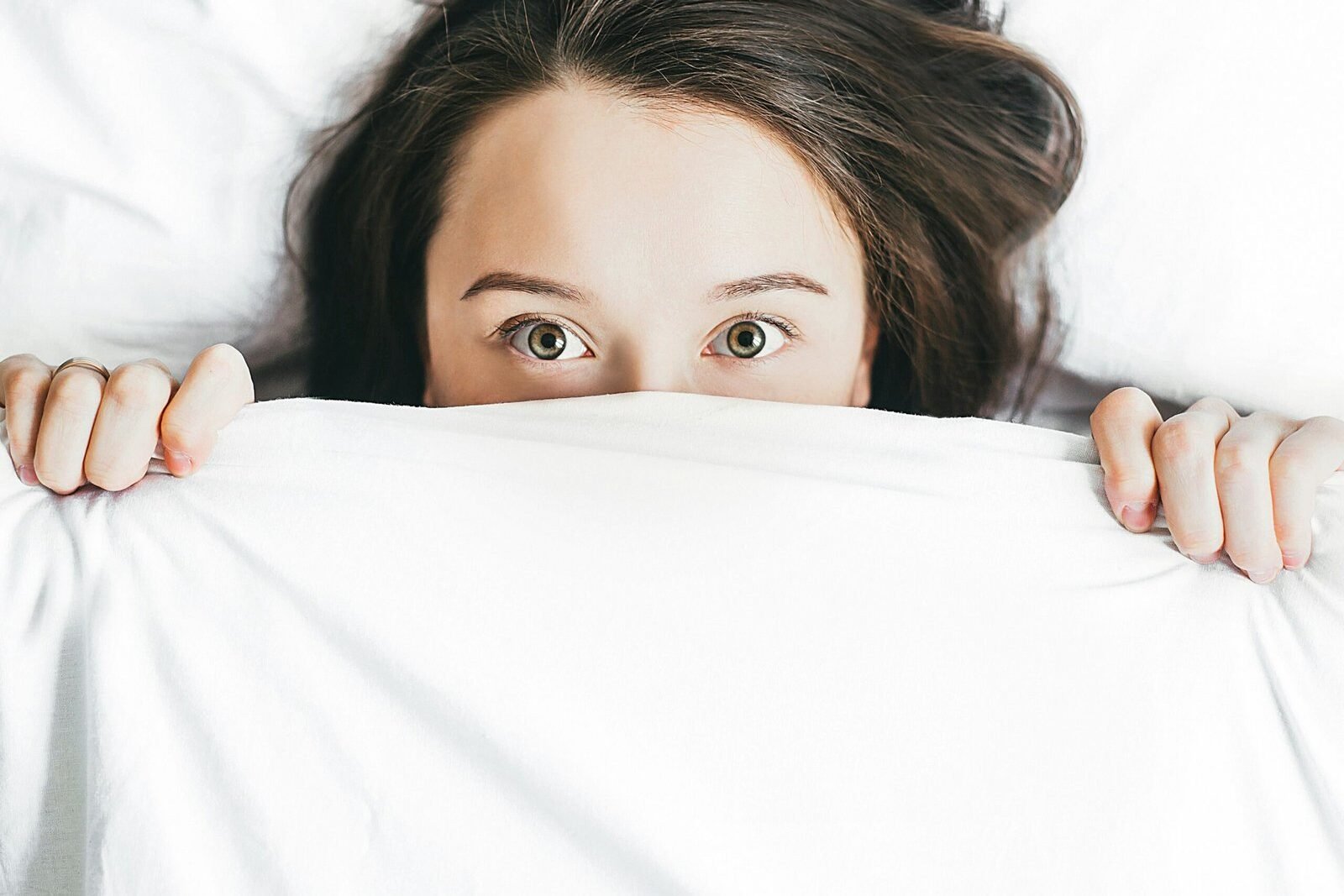Unlocking the Secrets of Sleep: A Comprehensive Guide
The Science of Sleep: Understanding Sleep Cycles
Understanding the biological basis of sleep is crucial for appreciating its significance in maintaining health and well-being. Sleep consists of various stages, primarily categorized into rapid eye movement (REM) and non-REM sleep. Non-REM sleep can be further divided into three stages: N1, N2, and N3. Each stage contributes uniquely to physical restoration, memory consolidation, and cognitive function.
During the N1 stage, light sleep occurs as the body transitions from wakefulness to sleep. In N2, the body begins to relax further, with a decrease in heart rate and body temperature. The N3 stage, also known as deep sleep, is critical for physical recovery and growth. It is during this phase that the body repairs muscles and tissues bolsters the immune system, and facilitates cell regeneration.
REM sleep, on the other hand, is characterized by active brain patterns, increased heart rate, and vivid dreaming. This stage plays a vital role in emotional processing, learning, and memory. A typical sleep cycle lasts around 90 minutes, with individuals typically experiencing four to six cycles per night. Each cycle includes periods of non-REM and REM sleep, allowing the brain and body to recover adequately.
Sleep disorders, such as insomnia or obstructive sleep apnea, can greatly disrupt these cycles, leading to inadequate sleep quality and overall health deterioration. Additionally, the circadian rhythm, a natural internal clock, governs the sleep-wake cycle and is significantly influenced by external factors, notably light exposure. Exposure to natural light during the day promotes alertness, while darkness cues the body to prepare for sleep. Understanding how these dynamics intertwine can help individuals improve their sleep quality, thereby enhancing their overall quality of life.
“Hey there! Just a heads-up that some of the links on this blog are affiliate links. If you decide to click on them and make a purchase, I may earn a small commission to share helpful content with you. I only recommend products and services that I genuinely trust and believe could be useful to you. Thank you for being here!”
Common Sleep Disorders: Symptoms, Causes, and Treatments

Sleep disorders can significantly impact an individual’s well-being, leading to various health complications if left untreated. Insomnia, a prevalent disorder, is characterized by difficulty falling asleep or staying asleep. Symptoms often include fatigue, irritability, and difficulty concentrating. The underlying causes of insomnia may vary from stress and anxiety to physical health conditions and certain medications. Treatment typically involves a combination of lifestyle modifications, cognitive-behavioral therapy, and in some cases, medication to aid sleep.
Another common disorder is sleep apnea, which results in interrupted breathing during sleep. Individuals suffering from sleep apnea may experience loud snoring, gasping for air, and excessive daytime sleepiness. This condition can lead to serious health issues such as hypertension and cardiovascular problems if not managed effectively. Treatments for sleep apnea often include the use of Continuous Positive Airway Pressure (CPAP) machines, lifestyle changes like weight loss, and in some instances, surgical interventions.
Restless Leg Syndrome (RLS) is another disorder that affects sleep quality. It is characterized by an irresistible urge to move the legs, often accompanied by uncomfortable sensations. Symptoms generally worsen in the evening and at night, making it difficult for individuals to relax. Possible causes of RLS include genetic factors, iron deficiency, and certain chronic diseases. Treatment options range from lifestyle adjustments, such as establishing a regular sleep routine and engaging in moderate exercise, to medical therapies that may include dopaminergic agents or anticonvulsants.
Narcolepsy is a neurological disorder that affects the brain’s ability to regulate sleep-wake cycles. Symptoms of narcolepsy include excessive daytime sleepiness, cataplexy (sudden loss of muscle tone), and disrupted nighttime sleep. The exact cause of narcolepsy is often linked to genetic factors and autoimmune reactions. Treatments primarily focus on managing daytime sleepiness and may involve stimulant medications and lifestyle strategies such as scheduled naps.
Sleep Hygiene: Tips for a Better Night’s Sleep
Maintaining proper sleep hygiene is crucial for achieving restorative sleep and improving overall health. One of the most important strategies is to establish a consistent sleep schedule. Going to bed and waking up at the same time every day helps regulate the body’s internal clock and can significantly enhance the quality of sleep. Setting a regular routine signals to the body when it is time to wind down, ultimately making it easier to fall asleep and wake up refreshed.
The environment in which one sleeps plays a vital role in sleep hygiene. A comfortable sleep environment should be dark, quiet, and cool. Investing in a quality mattress and pillows that suit individual preferences can have a profound impact on sleep comfort. Additionally, minimizing noise and light disturbances can create an ideal atmosphere for relaxation. Using blackout curtains or white noise machines are effective strategies to enhance the sleeping environment, promoting longer periods of undisturbed sleep.
Relaxation techniques before bedtime can also facilitate better sleep hygiene. Engaging in calming activities, such as reading, meditation, or gentle stretching, prepares both the mind and body for sleep. Avoiding stimulating activities and screens for at least an hour before bed is essential, as the blue light emitted from devices can disrupt melatonin production and hinder the ability to fall asleep. Instead, consider substituting these activities with a warm bath or listening to soothing music.
Furthermore, dietary considerations should not be overlooked. Consuming heavy meals right before bedtime can lead to discomfort and disrupt sleep. Opting for lighter snacks if hunger strikes is advisable. Additionally, limiting caffeine and alcohol intake is vital, as both substances can interfere with the ability to attain deep, restorative sleep. Regular physical activity is also beneficial, as it not only promotes better sleep but enhances overall well-being as well. By incorporating these practical tips into daily routines, one can significantly improve sleep hygiene and, ultimately, the quality of sleep.
The Connection Between Sleep and Mental Health
The relationship between sleep and mental health is complex and bidirectional, indicating that each significantly influences the other. Poor sleep quality can exacerbate existing mental health conditions, such as anxiety and depression, contributing to a cycle where individuals struggle to find rest while also grappling with their mental well-being. Sleep disturbances, which may manifest as insomnia or disrupted sleep patterns, are frequently reported by individuals experiencing heightened anxiety levels. In turn, these symptoms can lead to increased irritability, impaired cognitive function, and difficulty in managing daily tasks.
Conversely, mental health conditions can significantly affect sleep quality. For instance, individuals suffering from depression may experience hypersomnia or insomnia, both of which can hinder the restorative processes that sleep typically provides. This can create a negative feedback loop, where poor sleep exacerbates mental health issues, leading to further sleep disturbances, thus maintaining the cycle. Addressing sleep not only improves general health but is essential for effective mental health treatment. Therapists increasingly recognize that improving sleep hygiene can serve as a mitigating factor when treating these conditions.
Holistic approaches to mental health treatment, therefore, emphasize the importance of integrating sleep strategies into therapeutic plans. Cognitive-behavioral therapies, in particular, can focus on enhancing sleep hygiene practices, such as establishing regular sleep schedules, creating a conducive sleep environment, and reducing screen time before bed. Additionally, lifestyle adjustments — such as physical activity, mindfulness exercises, and nutrition management — can play a crucial role in promoting healthier sleep patterns. By addressing the intricate relationship between sleep and mental health, individuals can achieve better outcomes and enhance their overall quality of life.





